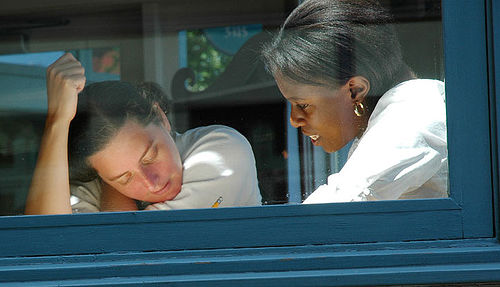As the world becomes more complex, people lose their jobs and technology changes, professionals are returning to school. Experts say, today’s professional will change jobs five to seven times in their career. Professionals are furthering their education in a variety of ways, from attending state colleges to private graduate programs and from earning certificates to degrees in new careers.
More education will give the professional a more competitive edge. Furthering education doesn’t necessarily mean professionals need to go through another degree-seeking program but rather they need to take courses that increase skills needed in today’s technological world of work or earn certificates that will build a resume and make the professional an expert in a specific area.
Cathy A. Sandeen, dean of continuing education at U.C.L.A., suggested, “Look at trends in your field. Look at your current skills and what do you need to augment your skills to make you more relevant and more attractive in your field.â€
This, however, is only advice for those who have jobs that are still stable in economic crisis. Sandra Marrin was a supervisor for a Jeep Grand Cherokee production line who took a buyout from Chrysler. Now, she works as a certified nurse’s assistant making one-third of what she once made because she knew she could find employment immediately in the medical field. Her plan is to become a registered nurse, followed by getting her master’s in nursing, which would have her making more than she did at Chrysler. Others who lost their jobs due to the state of the economy have returned to school for the built in networking opportunities with students and professors. When thinking through how to pay for future schooling and balance a reduction in income, create a solid financial plan for yourself. This will help you to be realistic about the short term sacrifices for the long term opportunity.
Versatility is a highly regarded skill for a professional, whether it shows itself within their original field or gives them the capacity to change their career halfway to retirement. Stay strong within yourself as you explore the many options ahead where you can use your gifts and talents.
Article: Learning curves on the career path
“Every day we know less and less about more and more,†said Ray Caprio, vice president for continuing education at Rutgers University.
Read the full article at: nytimes.com










